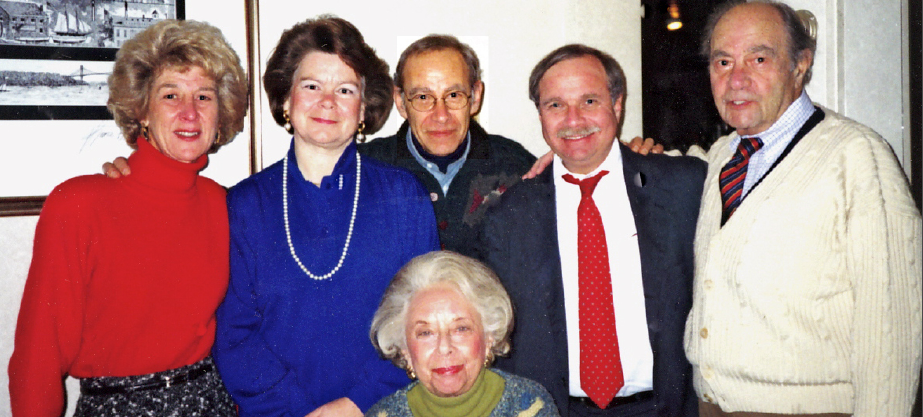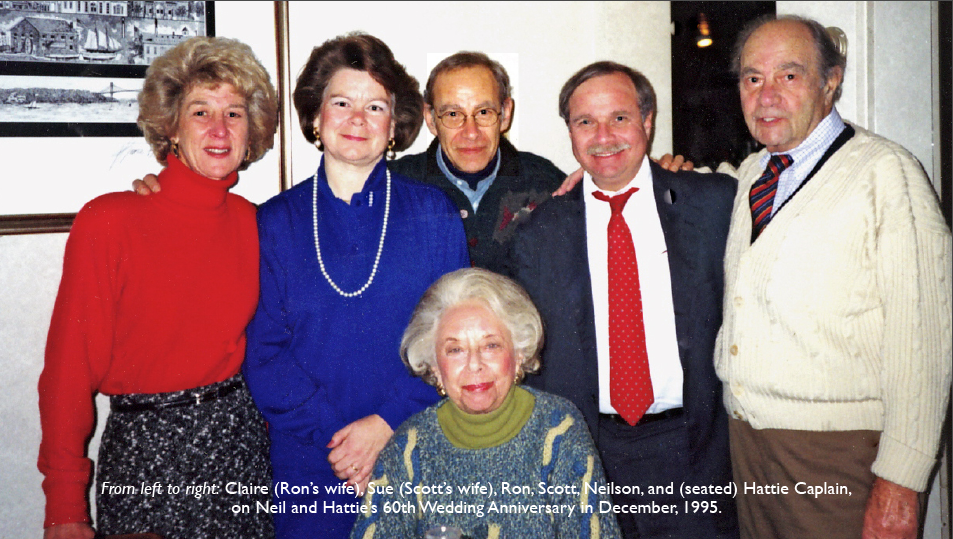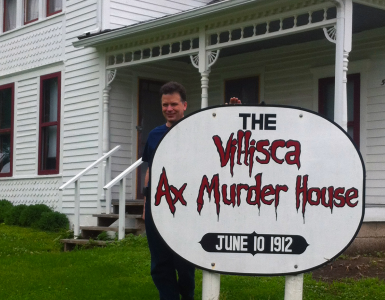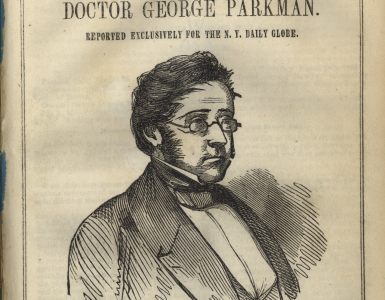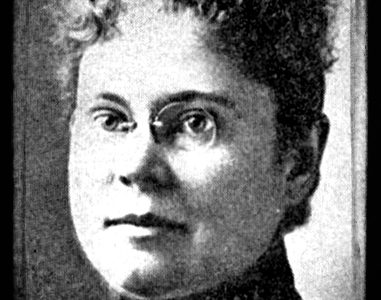by Ron Caplain
First published in January/February, 2008, Volume 5, Issue 1, The Hatchet: Journal of Lizzie Borden Studies.
To say that my father was born in New York City, was brought up in Brooklyn, and came to Fall River in his early twenties; to tell you that he was a manufacturer and entrepreneur and was involved in making men’s felt hats and, later, loose leaf ring binders; to tell you that he had two sons—tells you nothing about the essence of this man.
But to say that he and my mother had a love affair that lasted seventy-one years, that he was committed to his civic responsibilities in Fall River, that he was excited about his collections, and thrilled to talk about Lizzie Borden, tells you much more.
In 1957, he had his first heart attack, which we thought was going to debilitate him—but it didn’t. Rather, it gave him time to think about the next part of his life and what he wanted to do with it. When he could no longer work full time at his business, he knew that he had to find something of meaning to fill the hours, and that is when he began his extensive stamp collection. It was not an ordinary collection, for he collected many volumes of the stamps from 1857- 1863.
This led him to further specialize and do a postal history of Fall River—which later became fifteen volumes. And then he grew interested in Fall River history, he became involved as a director at what was then the Union Hospital, he helped start the Marine Museum, and he took on the presidency of the Historical Society—and that is when he became interested in Lizzie Borden.
It was a good thing that Lizzie was not physically present because my mother could have become very jealous of her with all the time and thought that my father gave to her. He was involved in the writing of two books about her and he amassed an extensive collection of Lizzie memorabilia. He added to his collection every book or article that was written mentioning Lizzie Borden. His business card even had her picture on it. With the mention of her name, a smile always came to his face. When we asked him if she did it—he always answered—“She didn’t do it, but she had to have done it.”
The wonderful part of all these interests was that he was so committed to them. On occasion, when we had to take him for hospitalization, he would always say that he didn’t have time for this—he was too busy and had to get home to his hobbies. He felt he had to keep himself going on projects that were meaningful to him—in his words, he felt he had to accomplish something every day. I can hear my mother arguing with him to this day—“Relax Neil, you don’t have to accomplish something today.”
He left a wonderful legacy—both my brother and I are involved in areas that are different than our father, but give our best efforts and commitments, as he did. He left six grandchildren and six great grandchildren—and we all love to sit around the table and tell stories about papa, his sense of humor, how he would make us laugh yet make us think, and stimulate us in some good discussions. He was certainly a “oner.”


